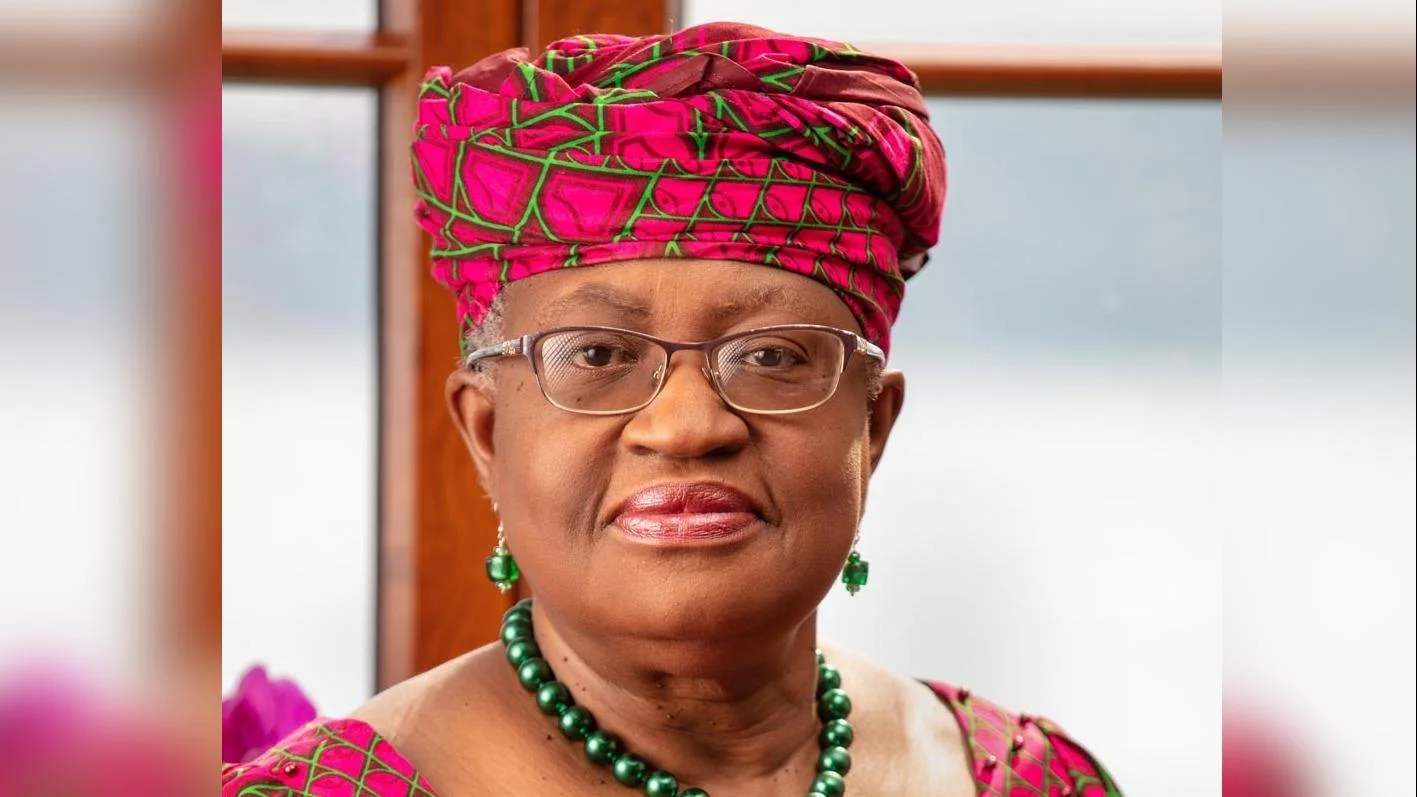Her Excellency, Ms. Saida Mirziyoyeva, His Excellency, Deputy Prime Minister Jamshid Khodjaev, His Excellency, Mr. Ravshan Gulyamov, and Excellency Mr. Sodik Safoev, First Deputy Chairman of the Senate, gathered with representatives from the IMF and the World Bank to discuss Uzbekistan’s economic reforms and its accession process to the WTO.
WTO Director-General Ngozi Okonjo-Iweala opened the conference by emphasizing how WTO accession can support Uzbekistan's ambitious economic reform program. She noted her close monitoring of Uzbekistan's journey towards accession over the past three years and expressed admiration for the government's dedication.
"As former Finance Minister of Nigeria," she said, "I know how tough serious policy reform is. I appreciate the energy, courage, and determination that are required."
This year marks 30 years since Uzbekistan applied for WTO membership—a period reflecting significant challenges encountered along the way. Following a fifteen-year hiatus, formal negotiations were relaunched in July 2020 and have gained momentum over the last 12-18 months. The latest Working Party meeting held ten days ago saw substantial progress.
Okonjo-Iweala outlined five key ingredients for successful accession: strong political will; effective inter-ministerial coordination; a competent technical negotiating team; support from partners; and an actionable roadmap with time-bound measures.
She praised Uzbekistan's political commitment: "Their message has been consistent and clear: WTO accession is the top priority for the Government."
Regarding inter-ministerial coordination, she highlighted its importance given that WTO accession impacts various sectors of the economy. The presence of Deputy Prime Minister Khodjaev at recent Working Party meetings has bolstered credibility in this process.
Okonjo-Iweala also commended Uzbekistan's technical negotiating team led by Ms. Mirziyoyeva: "I have been impressed by how quickly you put in place a dynamic new team... This positive change has been acknowledged and appreciated by WTO Members."
Support from partners like the IMF and World Bank was underscored as critical in providing policy advice and capacity building necessary for advancing reforms integral to accession negotiations.
Lastly, she stressed having a detailed roadmap to guide actions toward concluding accession by 2026—coinciding with the next Ministerial Conference in Cameroon—as announced by DPM Khodjaev during recent talks in Geneva.
As part of these efforts, a Presidential Decree addressing areas such as state-trading enterprises with exclusive rights and export restrictions was issued recently—a step lauded by Okonjo-Iweala as significant progress toward WTO consistency.
She encouraged further efforts on issues raised by Members including customs valuation rules and standards related to food safety among others while acknowledging potential internal opposition but expressing confidence in Uzbek leadership’s ability to complete this journey successfully with international support.
"I remain at your full disposal," concluded Okonjo-Iweala,"and look forward to accompanying Uzbekistan until the end of this journey."

